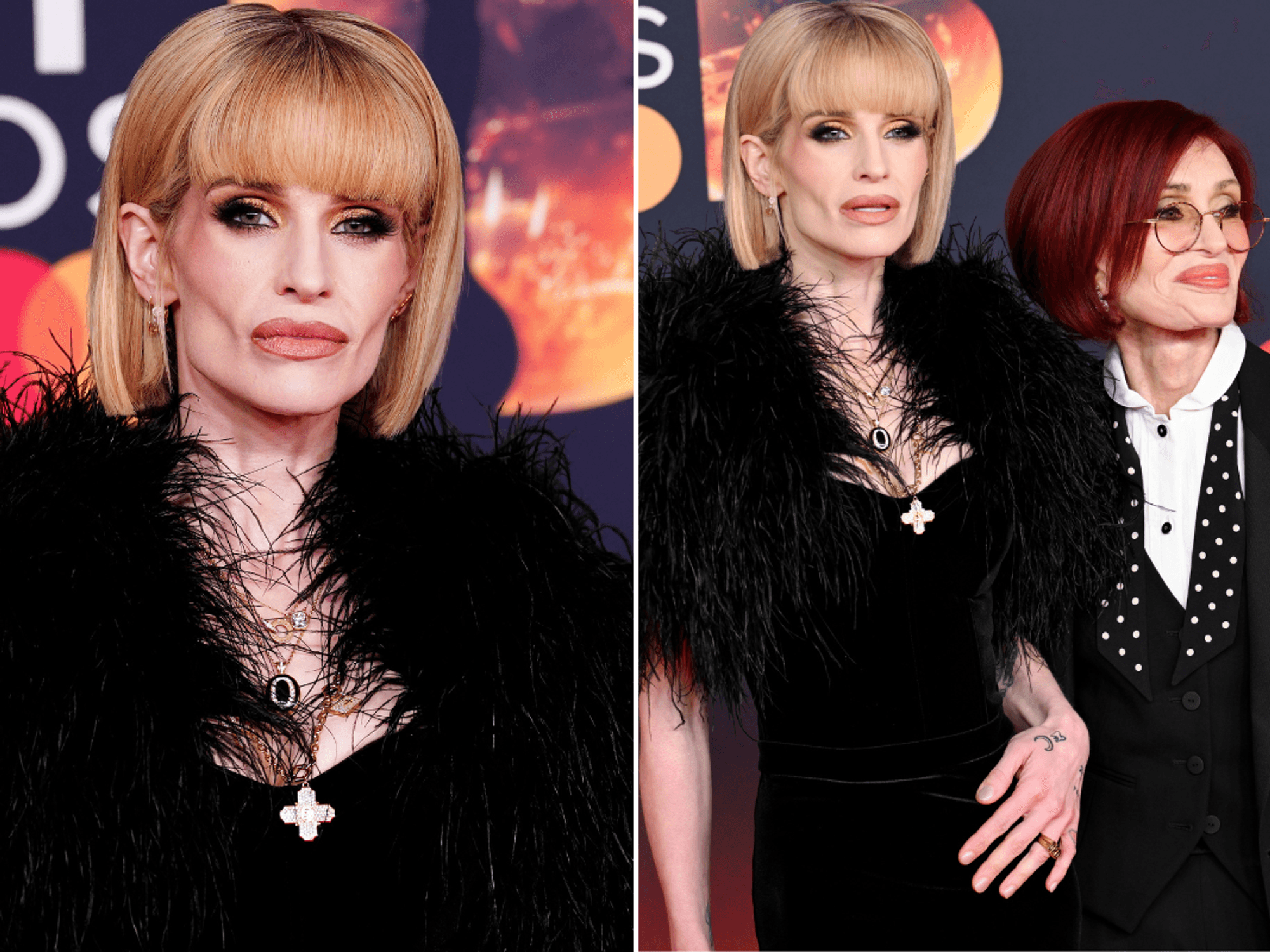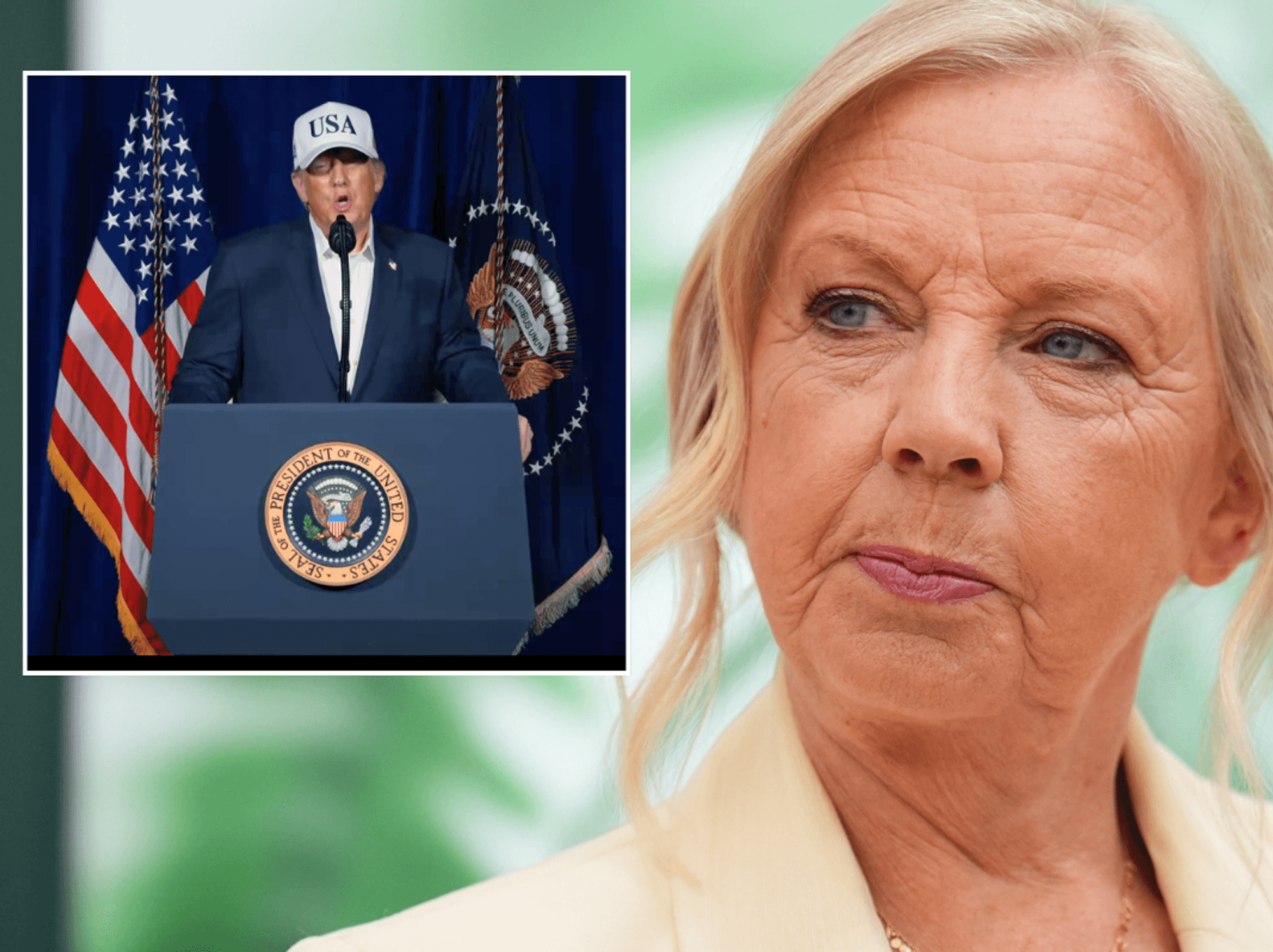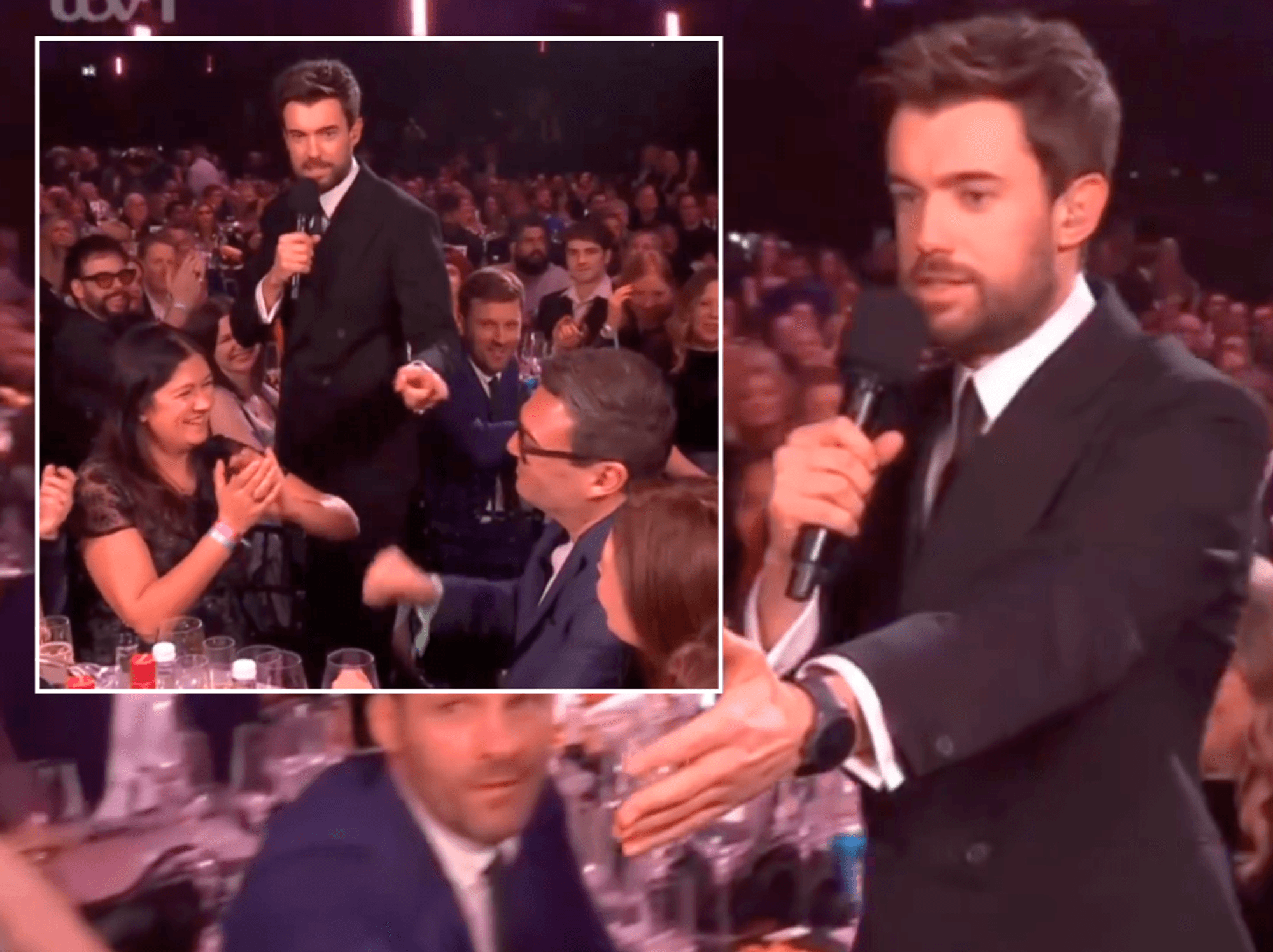Colin Brazier: Disney's animals are a wolf in sheep's clothing

Colin Brazier: Disney's animals are a wolf in sheep's clothing

By Colin Brazier
Published: 18/08/2021
- 20:09Updated: 18/08/2021
- 21:36'The wolf in Little Red Riding Hood is more inclined to eating someone than entertaining them'
Don't Miss
Most Read
Nature is red in tooth and claw. The world depicted by Disney, where animals behave like us, like humans, is a fiction. In the cartoons, animals tell jokes, in the wild they eat each other. But surely it’s harmless fun, when we are anthro-po-morphic, when we endow animals with human characteristics.
Not so, says a group of Italian farmers. Their story is in the papers today. How they gave a children’s author a flea-in-the-ear when he turned up in their mountain village to flog a new book. ‘Osso the She-Wolf’, tells the story of a likeable wolf. The farmers tell a different story. A real-life story, where wolves introduced by re-wilding, terrorise local sheep flocks, and routinely rip out the throats of their prey.
One farmer who turned up to confront the author said the children’s book was “a distorted and dangerous view of animal reality”.
Does it matter that our children are taught by Hollywood to see animals, not as they are, but as we’d like to imagine them? It’s big business. The most recent Disney Lion King grossed $1.6bn at the box office. Who cares if it depicts male lions, not as animals who in the wild – regularly kill young cubs - but as the big-hearted stars of a musical soap opera.
It’s not just the entertainment industry which is cashing-in our willingness to pretend animals are actually sort of people in fur. Britain’s pet food and vet trade is booming. Birth-rates in the UK may have reached an all time low, but it appears many people are, increasingly, embracing surrogate cats and dogs. It’s often reflected in the language people now use. As I recently corrected a colleague, a cow has a calf, not a baby.
Occasionally reality can’t be stopped. Last week, before the woes of Afghanistan revealed what a true tragedy looks like, the media – ourselves included – were obsessed with the fate of an alpaca who’d failed a TB test and was ordered to be put down.
But for every Geronimo, there’s always a painful reminder that animals are instinctive, not moral creatures. For example, in Wales a 72 year old grandmother is currently waiting to see if the injuries left by a dog this week will mean she has to have both legs amputated.
Domesticated pets are, of course, valued members of many families. My children have grown up with dogs, cats, ponies, chickens and rabbits. A childhood benefits from having animals around, even if that’s just a goldfish to remember to feed, or a dead hamster in the cage teaching a child an early lesson about loss.
But the complexities of animals are rarely reflected in their cartoon depictions in some children’s stories, in print or film. In fact a lot of those Disney movies are aimed as much these days at adults as they are kids. And these representations reinforce a preference for the cuddly and the photogenic. That means we end up fawning over badgers and foxes, while largely ignoring the battery-farming of chickens and fish.
Unlike those Italian sheep farmers, most of us now see animals as friends, not beasts to be subjugated. The philosopher Roger Scruton gave an interview before he died in which he said his teenaged daughter was unlikely to stick with socialism because she spent every day with horses... and horses were, he said “essentially conservative”.
By which he meant that they make folk face up to life as it really is, not as a utopian cartoon. A horse can’t feel guilty that it’s thrown you off its back or trod on your toe. It doesn’t live in a human world of rights and responsibilities. Like those Italian wolves, its main concern is where its next meal or opportunity for copulation is coming from.
By the way, there’s nothing new about anthro-po-morphic stories. Fairy tales are full of them. Little Red Riding Hood, you’ll remember, has a talking wolf. But before Disney and Pixar and the modern children’s literature industry came along, a wolf tended to be true to its nature, and shown to be so.
The wolf in Little Red Riding Hood is more inclined to eating someone than entertaining them.
That’s tonight’s Viewpoint.










